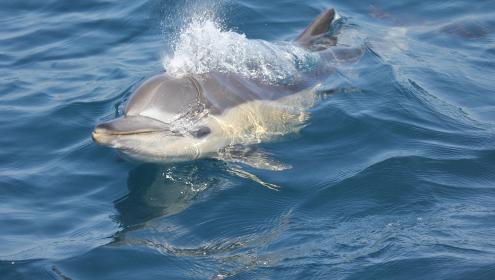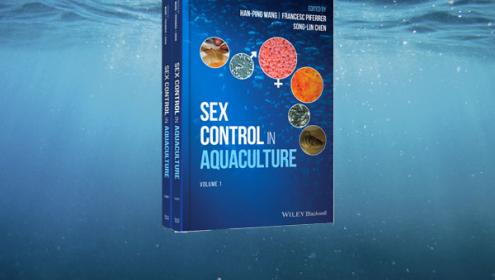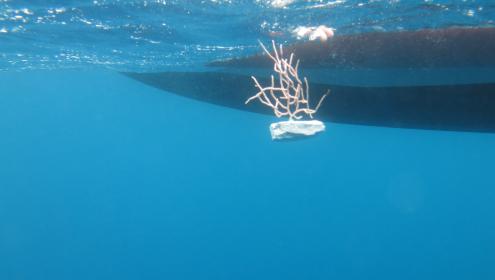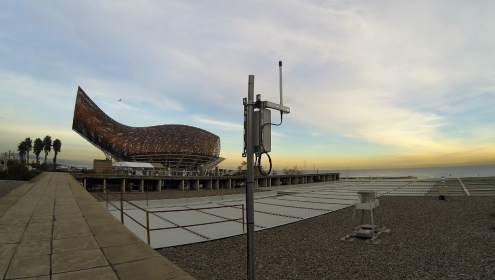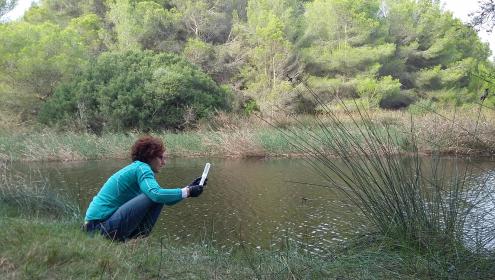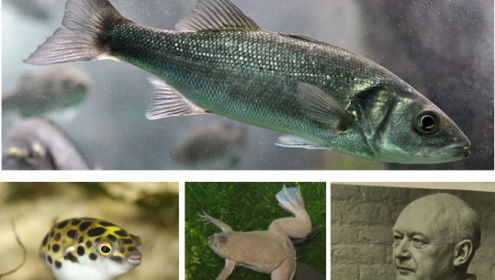LATEST TOPICS
Scientific news
Un estudi revela l'acumulació de compostos organofosforats en els teixits de mamífers marins, concretament en dofins del Mar d'Alborán. Els científics han trobat aquests contaminants en el cent per cent dels individus analitzats, i en diferents teixits com el greix, el múscul, el fetge o el cervell dels dofins, arribant a concentracions de fins a 25 micrograms per gram de greix.
ICM researchers Francesc Piferrer and Mercedes Blázquez have participated in the edition of the book Sex Control in Aquaculture, published in January.
According to the latest data from the World Food and Agriculture Organization (FAO 2018), aquaculture is the food production sector with the fastest growth (around 6% per year) and contributes more than 50 % of aquatic products consumed around the world. Among the cultivated species, the fish (54.1 million tonnes) and crustaceans (7.9 million tonnes), with an approximate market value of 175,000 million euros, stand out.
Researchers from the Institute of Marine Sciences of Barcelona (ICM-CSIC) have completed the project "Conservation and Recovery of Depth Gorgonians Populations through Ecological Restoration and Fisheries Impact Mitigation" (ResCap 2018). The project has recovered 450 gorgonians in the same areas where they were catched in fishing nets, to restore the seabed. The conditions for maximizing the growth in aquarium of gorgonian fragments have also been determined, in order to generate new individuals for the restoration of impacted populations.
The Institut de Ciències del Mar (ICM-CSIC) participates as a sponsor entity in The Things Network (TTN) and installs a free and public use antenna to transmit data between devices.
The Raymond L. Lindeman Award honors a young scientist for an outstanding peer-reviewed, English-language paper in the aquatic sciences. The Association for the Sciences of Limnology and Oceanography (ASLO) has awarded Andrea G. Bravo, currently with a “Marie Sklodowska-Curie” post-doc position at the Institute of Marine Sciences (ICM-CSIC), the 2019 Lindeman Award for her paper, “Molecular composition of organic matter controls methylmercury formation in boreal lakes”.
Epigenetics, the study of heritable changes in gene expression that don’t involve changes in the DNA sequence, is an extraordinarily active research field in biology nowadays. Epigenetic modifications integrate environmental and genetic information to give a certain phenotype (the set of characteristics showed by an individual) and can be transmitted from generation to generation, making it possible for characters acquired by environmental influence to be inherited and passed on to the descendants.
